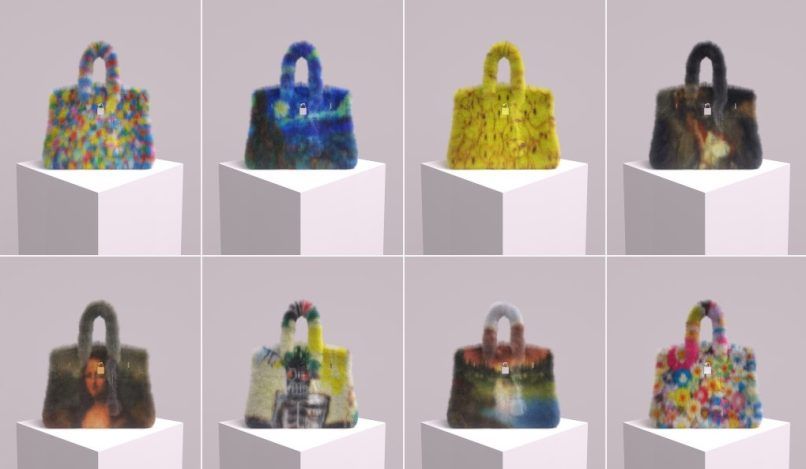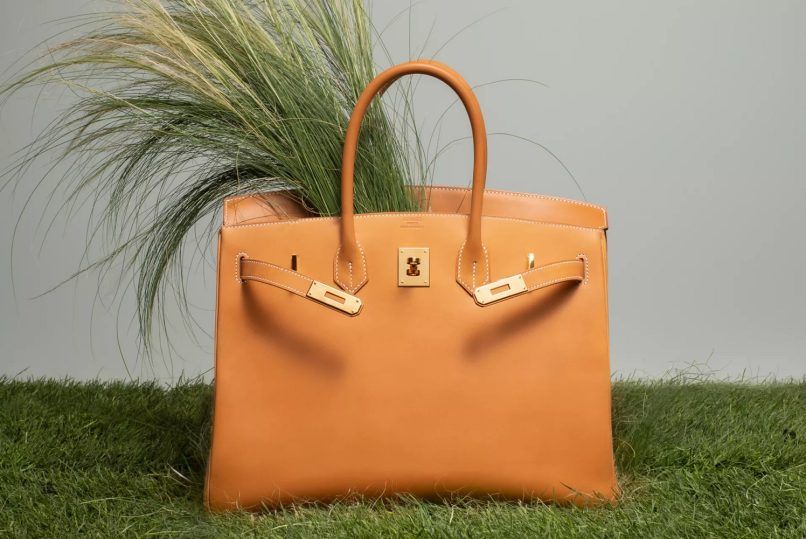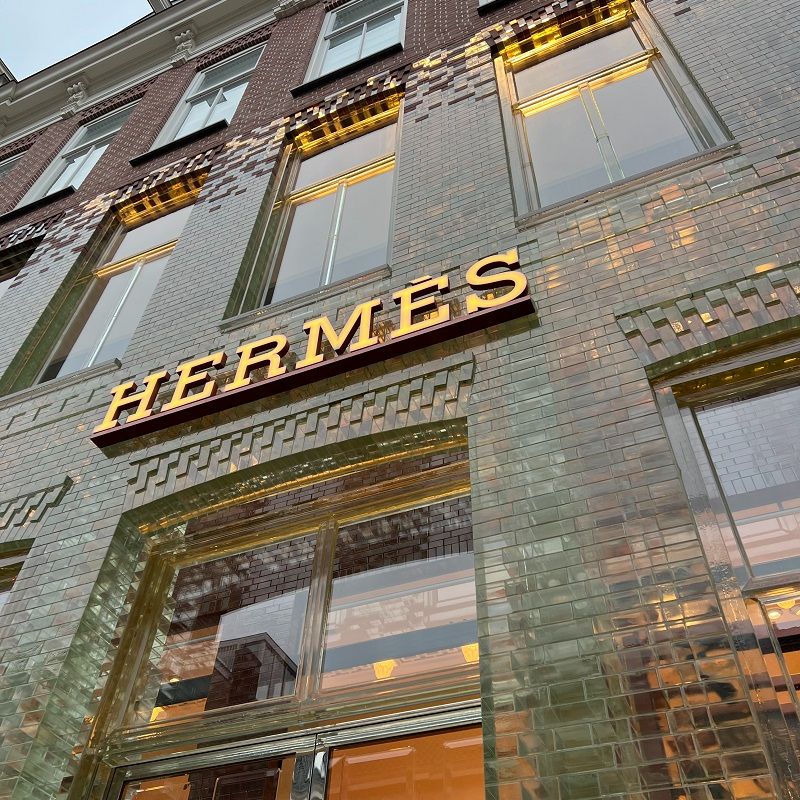A nine-person federal jury in Manhattan ruled on 8 February that MetaBirkins, a collection of non-fungible tokens (NFTs) created by artist Mason Rothschild, violated the trademark rights of luxury French fashion house Hermès. The jury also concluded that NFTs are not covered under the First Amendment to the US Constitution, which means that they are not protected speech.
The jury awarded Hermès USD 133,000 in damages for trademark infringement, dilution, and cybersquatting.
The case in the US District Court for the Southern District of New York was being closely watched as it was the first ever to explore how trademark laws apply to NFTs, whose ownership is verified on blockchains.
What was the MetaBirkins NFT case all about?

Hermès sued Rothschild for trademark infringement in January 2022. The company accused the artist of misleading consumers into believing that the MetaBirkins NFT project was associated with Hermès.
According to Reuters, Hermès called Rothschild a “digital speculator” and the NFTs a “get rich quick” scheme in its lawsuit.
Rothschild’s project started in 2021 with an aim to create 1000 MetaBirkins, which are NFTs that present Hermès’ iconic Birkin luxury handbag in colourful, cartoonish fur instead of leather.
According to The New York Times, only 100 have been released so far. The artist estimated that the NFTs brought him USD 125,000, including sales and royalties.
On the other hand, Hermès said that Rothschild started offering the NFTs at Art Basel in Miami in December 2021 and over USD 1 million had been traded by early January 2022. Hermès’ lawyers told the jury that the reason for the sales was the Birkin name.
As per Bloomberg Law, while physical Birkin bags can range from USD 12,000 to around USD 200,000, Rothschild’s NFTs were offered for around USD 450 each. The resale value of the NFTs, however, shot up to tens of thousands of dollars.
Rothschild relied on First Amendment as defence
Rothschild’s legal team based their defence on the ground that art was protected under the free speech rights guaranteed by the First Amendment and compared the project to Andy Warhol’s iconic silk-screen prints of Campbell’s soup cans.
But US District Judge Jed S. Rakoff granted Hermès’ request that art critic Blake Gopnik, who is the author of the 2020 biography on Andy Warhol, should not be allowed to testify. According to the NYT, Gopnik’s report favourably compared MetaBirkins to the artwork by Warhol and Damien Hirst.
What Rothschild and Hermès said following the verdict

Following the verdict, Rothschild criticised everyone from the jury to the justice system.
“What happened today was wrong. What happened today will continue to happen if we don’t continue to fight. This is far from over,” Rothschild said in a statement.
His attorney Rhett Millsaps said that it was a “terrible day for artists and the First Amendment.”
According to NYT, Hermès said in a statement that its action was to protect consumers and brand integrity, and that it has always supported artists and freedom of expression.
(Main image: Henry Chen/Unsplash; Featured image: Olena Kamenetska/Unsplash)
Manas Sen Gupta
Manas Sen Gupta writes at the intersection of tech, entertainment and history. His works have appeared in publications such as The Statesman, Myanmar Matters, Hindustan Times and News18/ETV. In his spare time, Manas loves studying interactive charts and topographic maps. When not doing either, he prefers reading detective fiction. Spring is his favourite season and he can happily eat a bowl of noodles any time of the day.
Subscribe to our newsletter to get the latest updates.
You’re all set
Thank you for your subscription.




